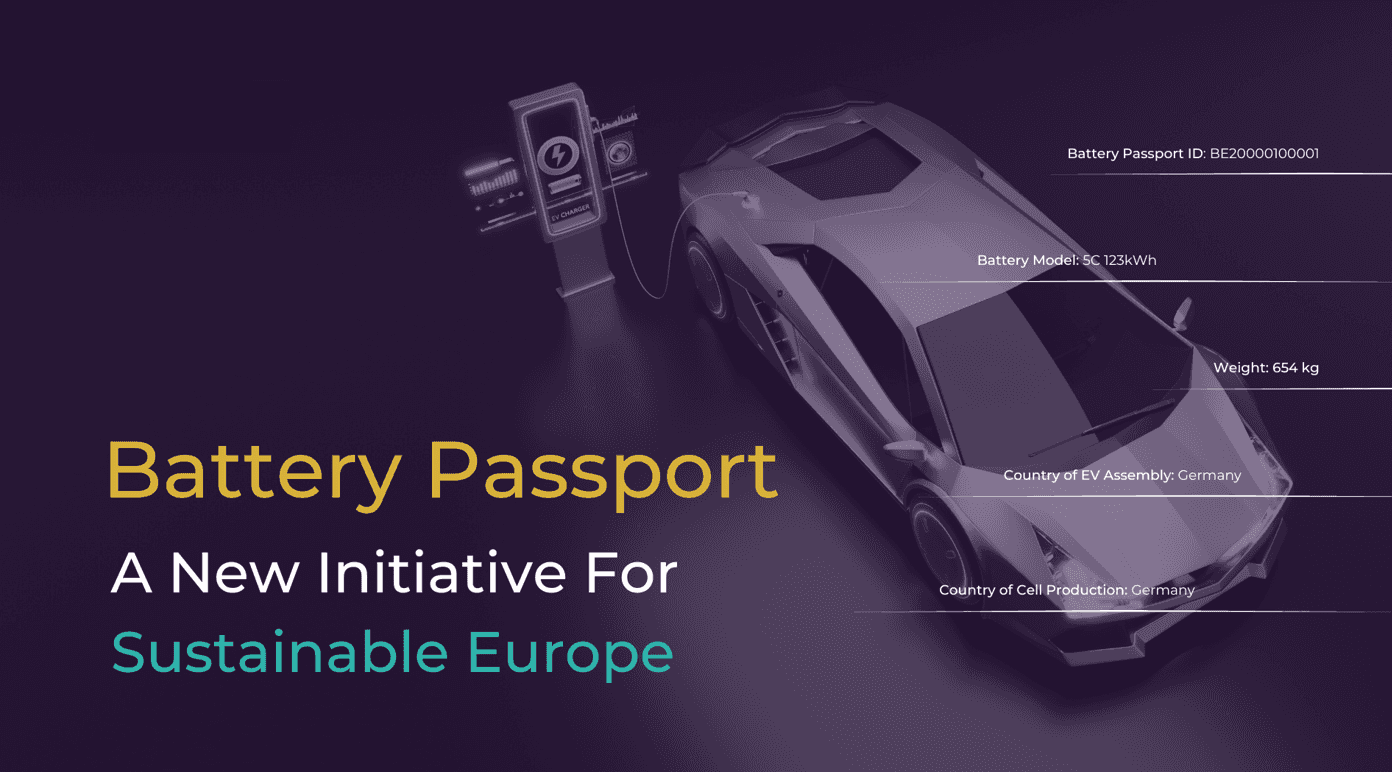The European Union has confirmed that starting 1st February 2027, all electric vehicle (EV) and industrial batteries in the EU market will be required to have a unique battery passport, identifiable via a QR code. This mandate is part of the comprehensive Battery Regulation Amendment aimed at safeguarding the environment by minimizing hazardous materials in batteries and enhancing recycling rates.
Understanding the Battery Passport
A battery passport is a crucial document that compiles extensive data about a battery’s lifecycle, including production, testing, and recycling details. It ensures compliance with the Battery Regulation Amendment and provides a detailed history of the battery, thereby offering consumers confidence in the safety and regulatory adherence of their purchases.
Mandatory Inclusions in Battery Passports
The passport will include:
- A distinct serial number for easy identification.
- Basic characteristics such as production date, battery type, model, chemical composition, and intended use.
- Performance and durability statistics, to be regularly updated by entities involved in battery repair or repurposing.
Key Requirements of the Battery Regulation
The Regulation encompasses several critical requirements, including:
- Repair and end-of-life processing facilitation, ensuring electronic accessibility of information.
- A minimum recycled content requirement, mandating specific percentages of cobalt, lead, lithium, and nickel from recycled sources by 2031.
- Carbon footprint and greenhouse gas emissions reporting for the entire lifecycle of the battery.
- Availability of battery health data to determine potential for further use or repurposing.
- Conformity assessments conducted by a notified body before market placement.
- Safety standards and hazardous materials limitations.
- Supply chain due diligence requirements, effective 12 months post-regulation implementation, to address social and environmental risks.
Who is Affected by the Regulation?
The regulation applies to all industrial and EV batteries in the EU market with a capacity exceeding 2 kWh. Responsibility for compliance lies with the party introducing the battery to the market. Entities involved in compliance include cell, module, and battery producers, automotive OEMs, and companies dealing with battery service, refurbishing, and repurposing.
The Role of Digital Product Passports on Blockchain in Compliance
To adhere to the regulation, a reliable system for tracing each battery throughout its lifecycle is crucial. Digital product passports on blockchain offer a viable solution. These passports, similar to personal passports, record comprehensive product data from production to disposal. Blockchain technology ensures secure, verifiable data exchange and immutable record-keeping, enhancing trust and compliance. Vaious companies like Circularise are pioneering this approach with their patented Smart Questioning technology, facilitating confidential and selective data sharing within supply chains.
Impact and Importance of the EU Battery Regulation Amendment
This Amendment is a significant step towards environmental protection and ensuring battery safety and compliance. It aims to improve battery recovery at the end of its life, guarantee fair and safe working conditions, and promote a circular battery value chain. The introduction of battery passports is pivotal in this effort, enabling cooperative information sharing among stakeholders to maximize safety, optimize battery usage, and ensure responsible recycling.




